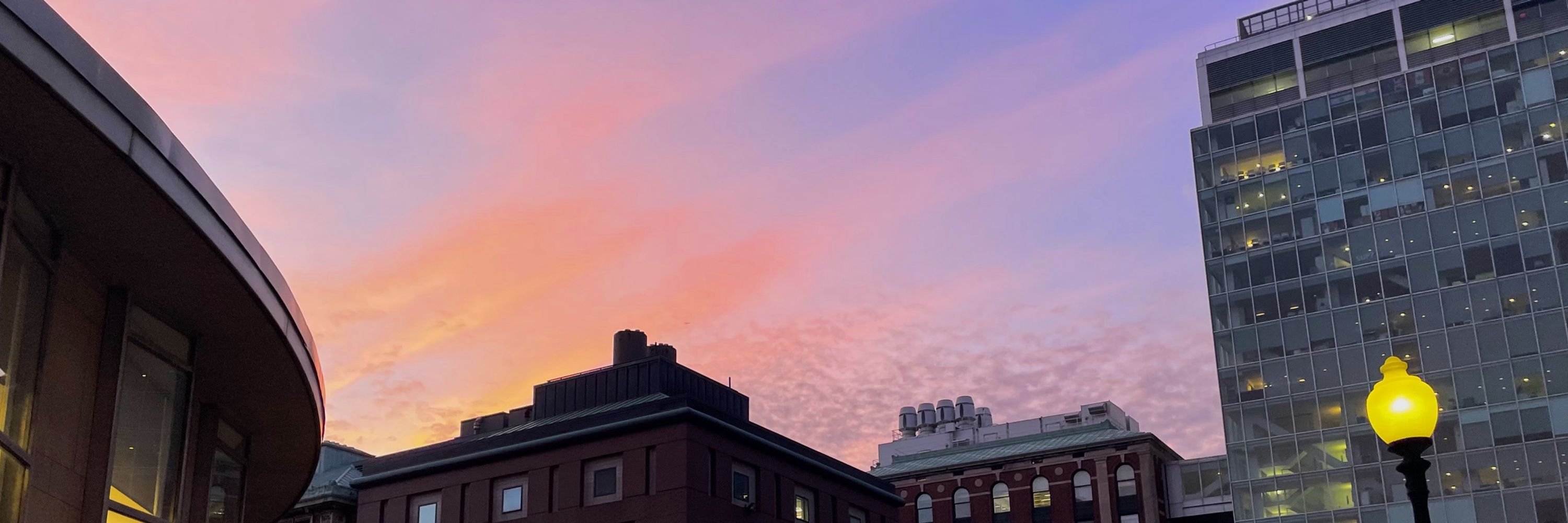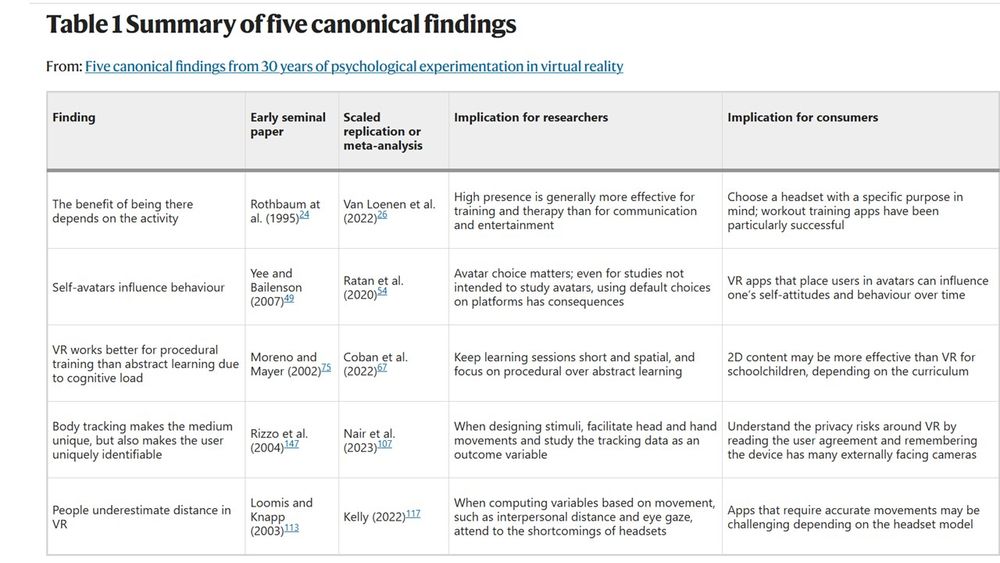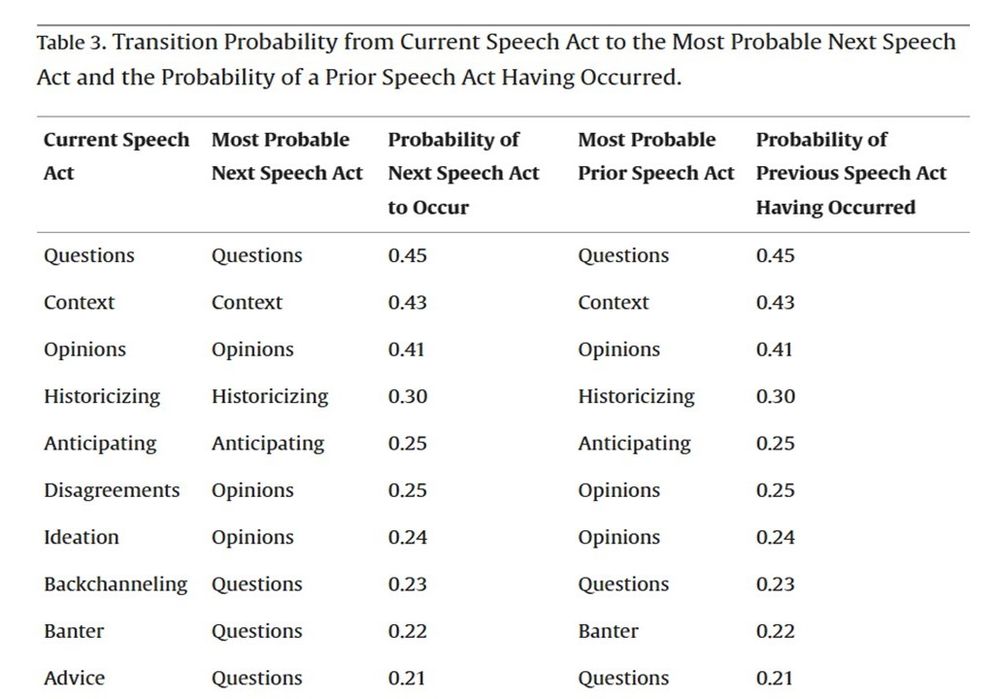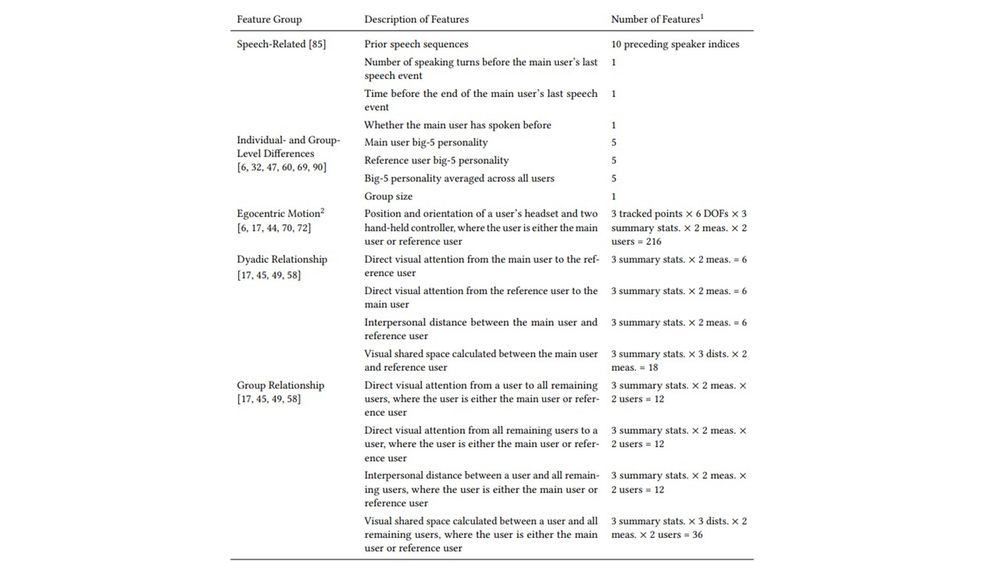
A new Stanford-led study shows that virtual reality can help close that gap.
Read more: bit.ly/4hzzsSt

A new Stanford-led study shows that virtual reality can help close that gap.
Read more: bit.ly/4hzzsSt
vhil.stanford.edu/publications...

vhil.stanford.edu/publications...
www.meta.com/experiences/...

www.meta.com/experiences/...
- Tradition & benevolence dominate legacies
- Major cultural events (e.g., 9/11) shifted what values were emphasized
- Gender & age of the deceased shape legacies
doi.org/10.1073/pnas...
- Tradition & benevolence dominate legacies
- Major cultural events (e.g., 9/11) shifted what values were emphasized
- Gender & age of the deceased shape legacies
doi.org/10.1073/pnas...
@nathumbehav.nature.com
vhil.stanford.edu/publications...

@nathumbehav.nature.com
vhil.stanford.edu/publications...
Monique Santoso coded 9,000 speech acts to develop Virtual Reality Interaction Dynamics Scheme, 10 speech acts (e.g., disagreements, context-dependent commentary). Prior speech acts and current nonverbal behavior predict group action.
vhil.stanford.edu/publications...

Monique Santoso coded 9,000 speech acts to develop Virtual Reality Interaction Dynamics Scheme, 10 speech acts (e.g., disagreements, context-dependent commentary). Prior speech acts and current nonverbal behavior predict group action.
vhil.stanford.edu/publications...
@PortiaWang.bsky.social analyzed a VR dataset of 77 sessions, 1660 minutes of group meetings over 4 weeks. Verbal & nonverbal history captured at millisecond level predicted turn-taking at nearly 30% over chance. To appear @acm-cscw.bsky.social.
vhil.stanford.edu/publications...




